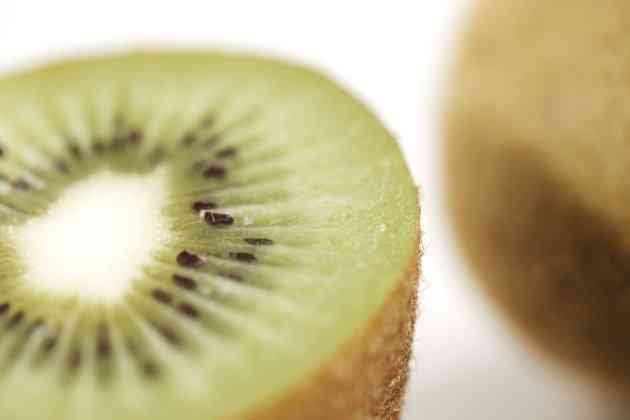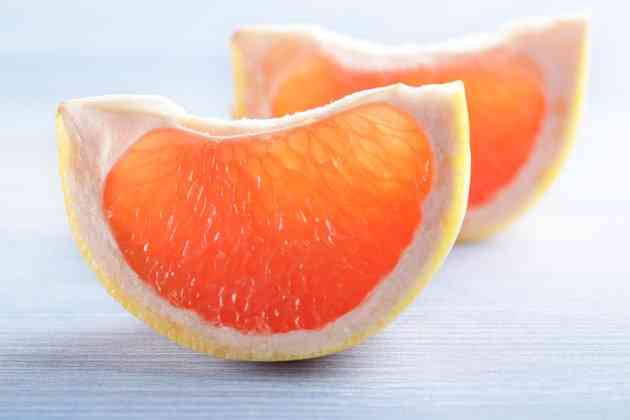Food to Eat at Night for Diabetics

Diabetics should understand the nutritional values of food, especially for nighttime meals and snacks, in order to come up with a strategy to keep blood glucose levels under control. Proper spacing of meals and snacks throughout the day provides a more gradual amount of glucose to your body. A meal plan helps with this by letting you figure out when and how much to eat and what time to eat to keep the blood glucose in your target range.
 A woman eating celery. (Image: Stockbyte/Stockbyte/Getty Images)
A woman eating celery. (Image: Stockbyte/Stockbyte/Getty Images)Free Foods
According to the Mayo Clinic, late-night eating is fine for diabetics, but you have to make the right choices at night because snacks have extra calories, which can cause weight gain. Also, an after-dinner snack containing carbohydrates may increase your glucose levels overnight. The Mayo Clinic recommends eating a "free" food as a late-night snack, such as a diet drink, sugar-free gelatin, carrots, saltine crackers or a vanilla wafer. Free foods have few or no calories or carbohydrates. Also acceptable is chewing gum or a piece of hard candy.
Light Snacks
Taste of Home magazine recommends raw vegetables such as bell pepper strips, cauliflower or broccoli florets, celery, carrots, cucumbers, radishes or even zucchini as a light snack, because these foods have few carbohydrates, which helps you keep blood glucose levels under control. If you don't have fresh raw vegetables on hand, the magazine suggests other snack options, such as a granola bar, six saltine crackers, eight plain animal crackers, a box of raisins, a small bag of reduced-fat potato chips, three gingersnap cookies or five vanilla wafers.
Dining Out
Going out to eat at dinnertime can be a challenge for diabetics because what you eat and when you eat it can have an effect on your blood glucose levels. In a restaurant, you have little control over the timing of food delivery. You need a strategy to coordinate the food you eat at dinner with the action of insulin in your body.
If you think dinner will be later than usual, the American Diabetes Association recommends that you eat a fruit or starch serving from that meal at your usual mealtime. Also, you can switch tactics and eat your bedtime snack at your usual dinner hour and then eat your full dinner later.
The ADA also recommends wise food choices from the menu. For example, ask for a fruit cup as an appetizer or a melon for dessert. Instead of a heavy dinner entree, request a salad with a low-fat appetizer. Do not be afraid to ask for substitutes such as a more vegetables instead of french fries. Also, ask for low-calorie salad dressing or lemon instead of the high-fat choices.




